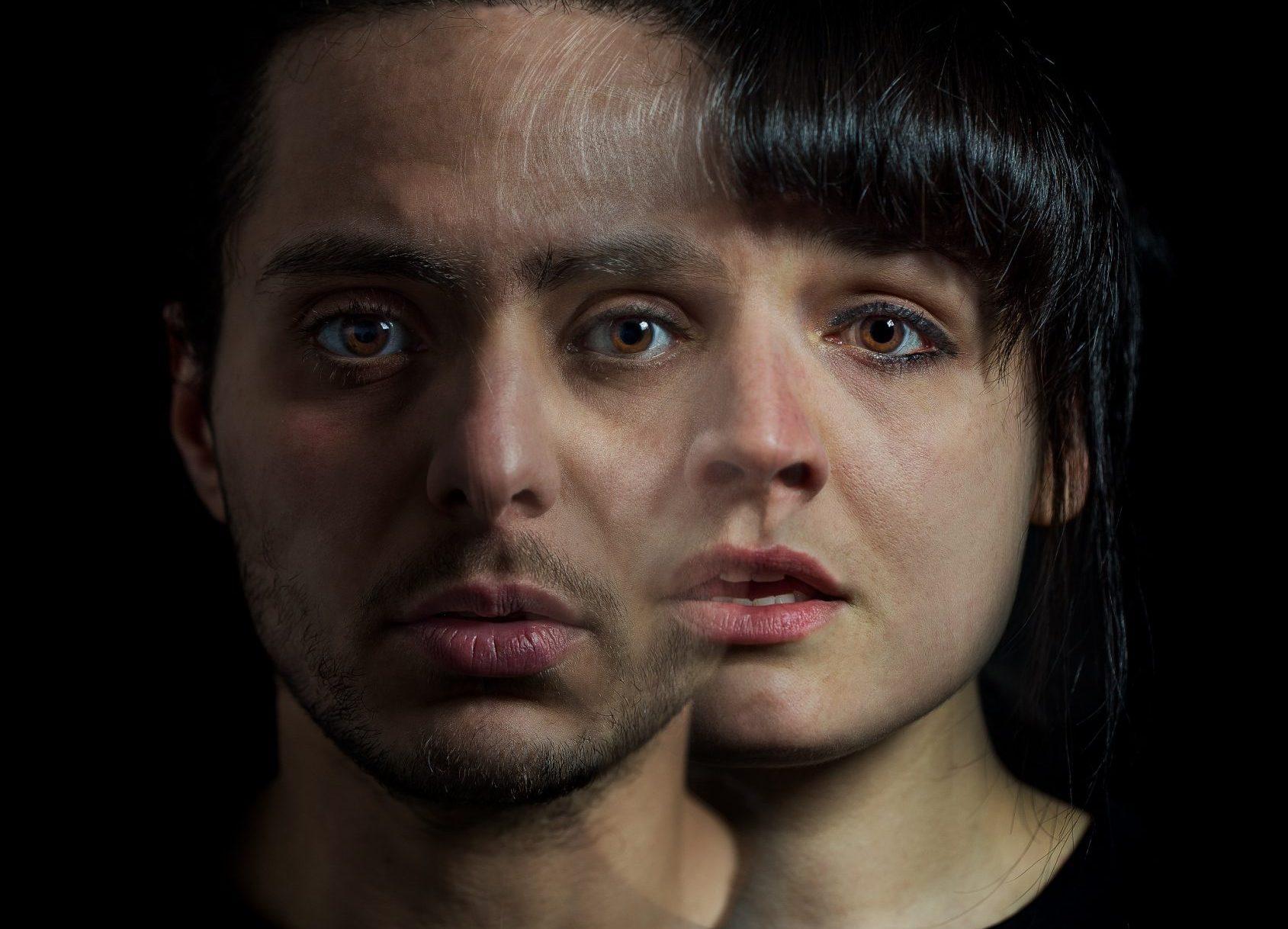This year at the Fringe, the National Theatre of Scotland have teamed up with the Traverse to present two extraordinary, personal, transgender stories – Adam and Eve. We spoke to the creators of both of them.
Here, talking about Adam, is director Cora Bissett…
What was the genesis of Adam?
I saw Adam [performer Adam Kashmiry] perform a very short monologue about his life as part of a participatory performance at the Citizens Theatre called Here We Stay in 2013. I was incredibly moved by his story, his honesty and his strength. I approached him straight afterwards and asked if he would like to meet me to tell me more as I had a strong feeling I would like to turn his story into a full production.
Why is it so important that we tell this story now?
Despite great progress being made on gay rights, it seems as though we are still eons away from really understanding and granting the same level of understanding to trans and non-binary people. I think a lot of people feel they can’t ask the questions, don’t want to appear ignorant but actually I think opening up dialogue is urgently necessary. The gender clinic in Glasgow has seen a marked rise in young people presenting as trans individuals. I think the groundswell of documentary coverage is helping open that up, but this is just the beginning. Theatre can speak directly, you can actually see that human being on stage; not an oddity, not some exoticised character in a reality TV sensation. A normal human being who was just born with a different brain and soul from the gender they were assigned at birth. Even that idea is a little mind blowing if no one has presented it to you before. The fact that gender exists in our brains and not our genitals.
Both Adam and Eve are based on intensely personal experiences. What makes theatre the best means to tell these stories?
I think being in the room with live actors or indeed in this case, the actual people on whom the work is based is like no other experience. You really have to be present and listen. Watching to if film at home means you can pause, get up, watch later, forget, but in theatre there is something very special about being together in this space, sharing this thing together.
How does the use of personal testimony shape the play?
We haven’t done so in Adam. I enlisted the brilliant writer Frances Poet and she spent time understanding Adam’s story but then went about finding a exciting theatrical form by which to tell it. So two performers play Adam: Neshla Caplan and Adam himself. They both jump forwards and backwards through the events and characters in his life and all this is played out on a stage which is effectively his brain. It’s highly theatrical yet no less authentic. Adam is very clear that not every single detail is fact but the story is very very much based on his. If the actual event didn’t happen to him then we know for sure it happened to some trans person somewhere, so the play is at once personal and universal.
What do you hope will resonate with audiences in contemporary Scotland?
I think there is a lot of misunderstanding around the trans experience. I think many people don’t understand the difference between transvestite and trans gender, non-binary, 3rd sex, androgyny, and the myriad distinctively different ways in which people are formed. I think there is fear, I hear it from taxi drivers, we see it on our Facebook page. I think people feel threatened and overwhelmed. I hope Adam’s story really helps in the evolution of understanding. I think it’s also a story which celebrates Glasgow as a place where once again, far from its cliched reputation, it shows itself to be a city of immense compassion and acceptance. I hope that trans and non-binary people watching if feel that it is their story too, since it is not a documentary style expose of Adam’s life. We were all very clear it is Adam’s journey but it is also reflective of thousands of trans people’s struggles in the world. I hope they feel strengthened and represented.
How successful do you think theatre in general has been at portraying the experiences of trans people?
I am aware of a spate of productions in recent years, some of which have had great success. I think there can be a danger to focus on the tragedy and pain in many of these stories. Whilst we don’t shy from the immense challenges in Adam’s journey, we were very keen to show the positive outcomes too. I think there is a very prescient political necessity to cast trans performers/ actors in the roles and certainly in film; this has not been the case. It was always very important to me that Adam, the production, featured a trans performer on stage.
What would an audience gain from seeing both shows as opposed to seeing each as an individual entity?
They are fascinatingly different journeys; one is a male to female, the other female to male. One begins the journey of transition as a teenager, the other much later in life as a father and married individual. I think it will be so interesting to reflect on how things are or are not changing, what the different challenges are at different stages of life, one who has barely begun and one who is so much further down a path. Also the politics of transitions from one gender to another and is if any different, what are the specific challenges of each.
